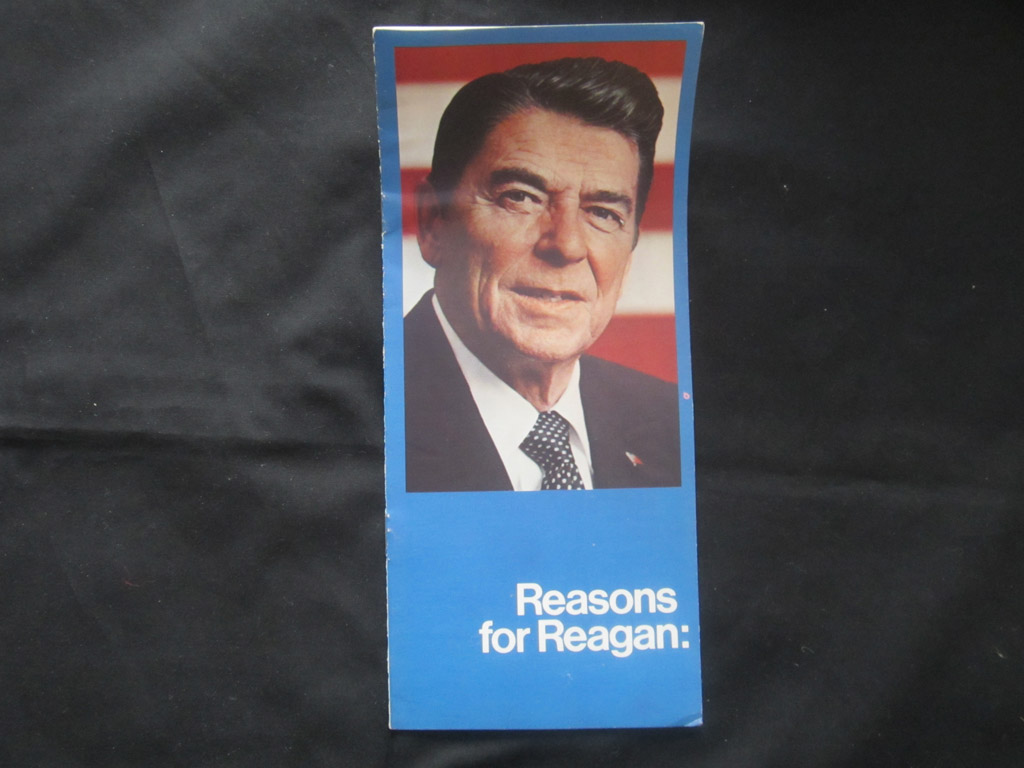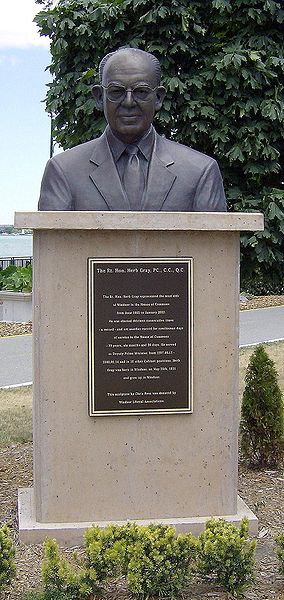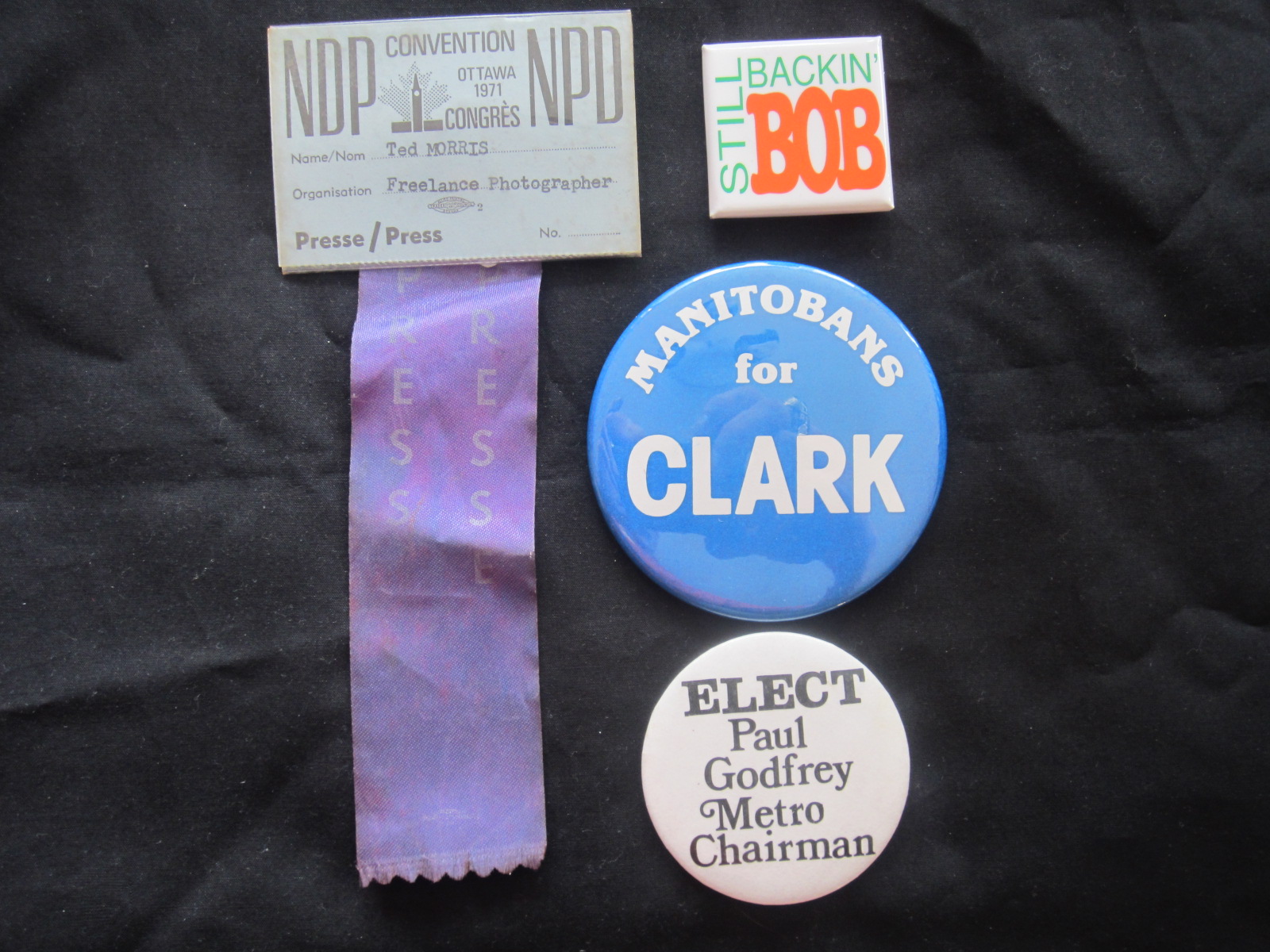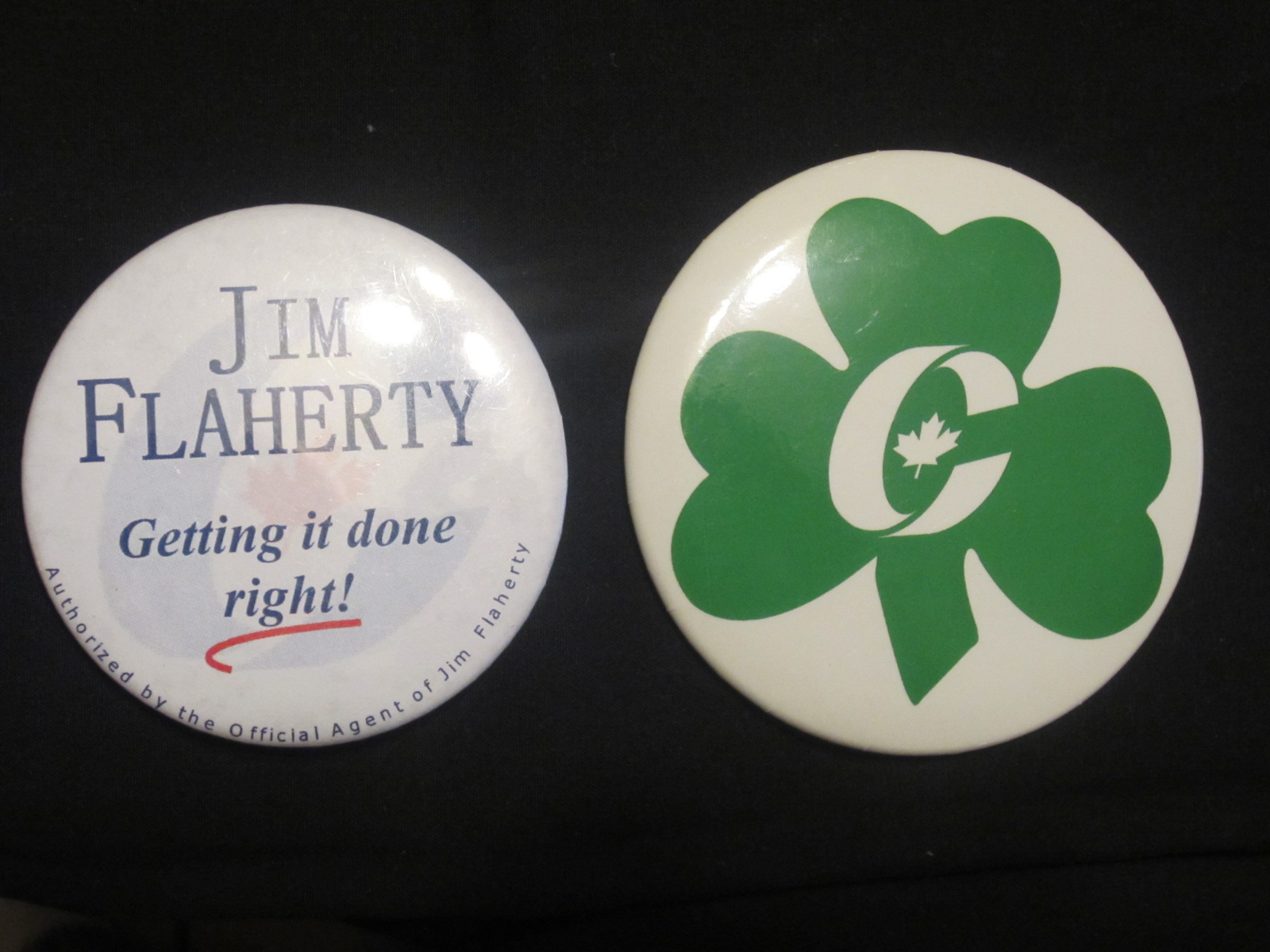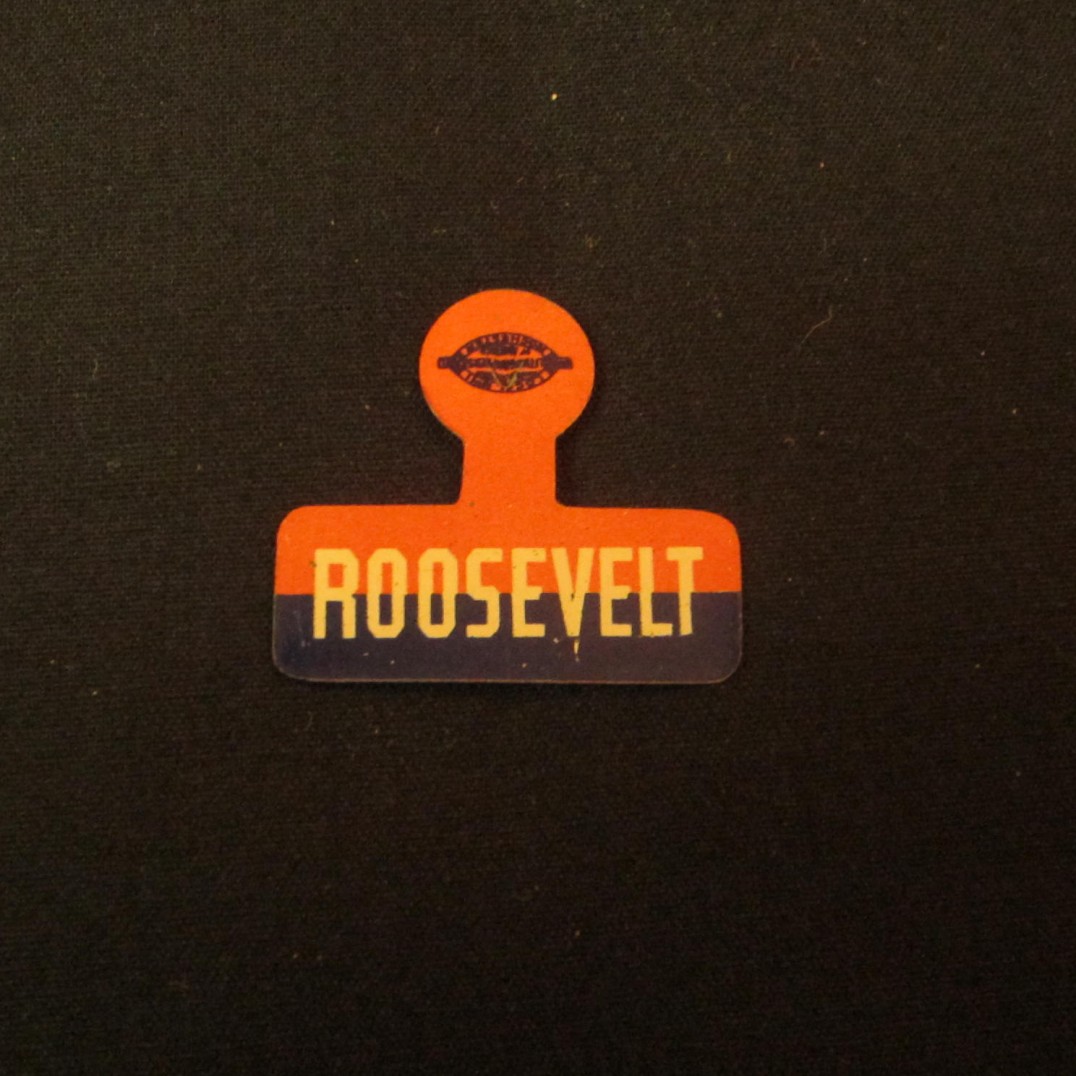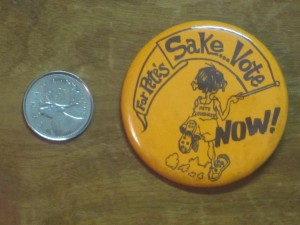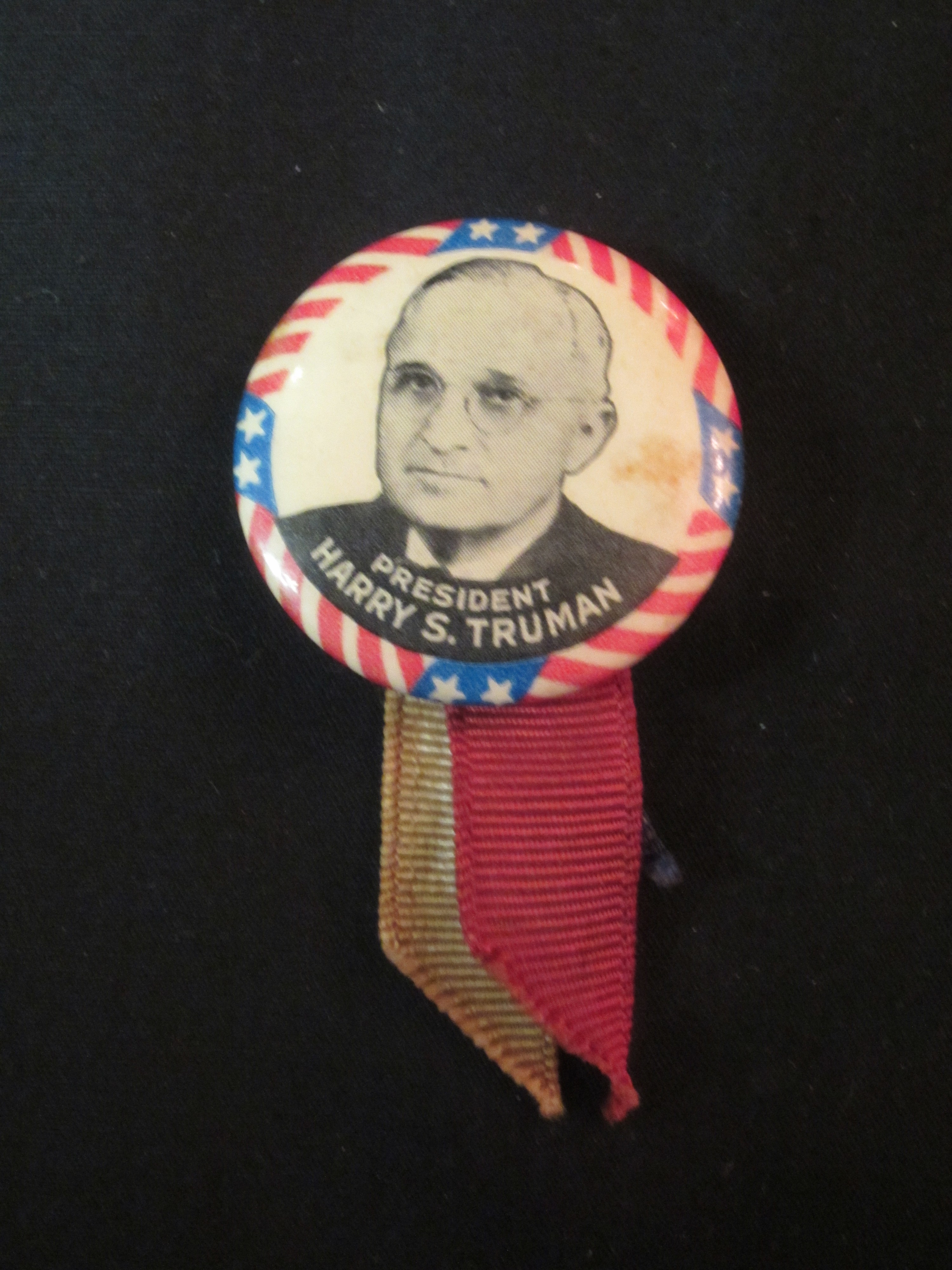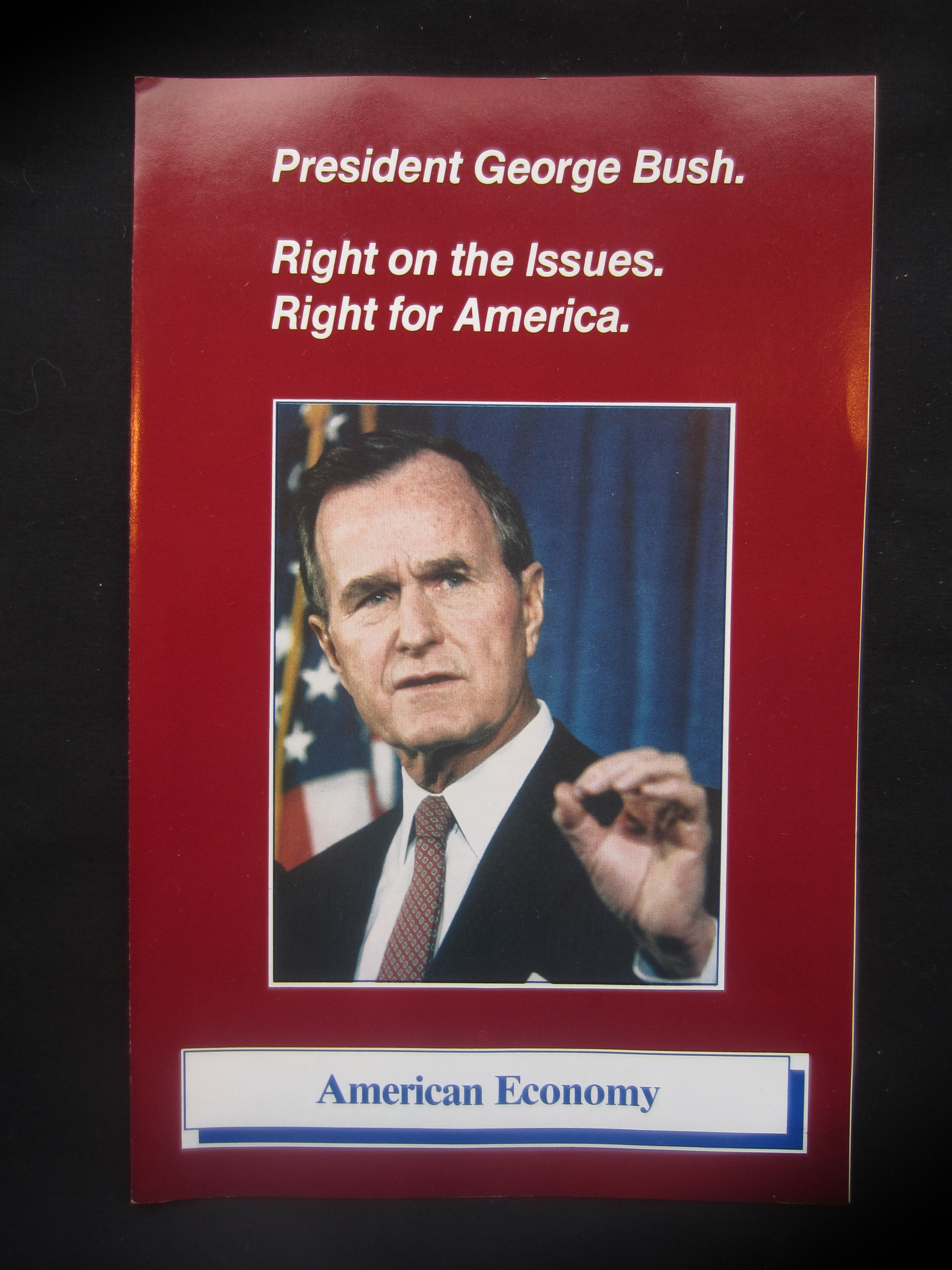1
1843 – Sir John A. Macdonald marries Isabella Clark
1900 – Lord Minto opens an irrigation canal from Kimball to Lethbridge in Alberta
1919 – Edward, Prince of Wales, lays cornerstone of Peace Tower in Ottawa
1939 – William Lyon Mackenzie King proclaims the War Measures Act
1961 – Leslie Frost brings in a 3% sales tax
1981 – Pierre Trudeau and Alberta Premier sign 2-tiered energy pricing agreement
1981 – Peter Lougheed and Prime Minister sign 2-tiered energy pricing agreement
1983 – Henry “Scoop” Jackson passes away
1996 – Amy Carter marries Jim Wentzel
2
1864 – While in Charlottetown, George-Etienne Cartier makes case for Confederation
1944 – George H. W. Bush bails from a burning plain during a mission in the Pacific
1959 – Dwight Eisenhower arrives in Paris
1963 – George Wallace prevents integration of Tuskegee High School
1972 – Pierre Trudeau watches team Canada lose game 1 of the Canada-Soviet Summit Series
1974 – Gerald Ford signs Employee Retirement Income Security Act
2015 – Barack Obama become first President to visit Arctic Circle at Kotzebue, Alaska
3
HAPPY BIRTHDAY George Foster, former Conservative Minister
1940 – Franklin Roosevelt announces the Lend Lease Program
1957 – John Diefenbaker welcomes scientists to the General Assembly of the International Union of Geodesy and Geophysics
1962 – John Diefenbaker officially opens the Trans-Canada Highway at Rogers Pass
1964 – Robert Kennedy resigns as Attorney General
1964 – Lyndon Johnson signs the Wilderness Act
1992 – Brian Mulroney announces a national referendum on the Charlottetown Accord
4
HAPPY BIRTHDAY – Thomas Eagleton, former US Senator
1880 – Sir John A. Macdonald signs agreement with CPR Syndicate
1905 – Earl Grey officially proclaims the Saskatchewan Act
1946 – Louis St. Laurent appointed Minister of External Affairs
1951 – Harry Truman participates in first transcontinental TV broadcast
1951 – Harry Truman addresses opening of Japanese Peace Treaty Conference
1984 – Brian Mulroney wins election for PC Party
1985 – Mila Mulroney gives birth to son
1990 – Brian Mulroney announces Operation Scimitar to provide air cover during Gulf War
2008 – Erik Nielsen passes away
5
1939 – Franklin Roosevelt declares US neutrality in World War II
1945 – Maurice Duplessis brings in Quebec family allowance
1945 – William Lyon Mackenzie King authorizes use of red ensign until new Canadian flag adopted
1957 – Louis St. Laurent resigns as leader of Liberal Party
1961 – John Kennedy begins underground nuclear testing
1961 – John Kennedy signs law against hijacking
1975 – Assassination attempt on Gerald Ford by Squeaky Fromme
1978 – Jimmy Carter begins Israel-Egypt peace process
1988 – Brian Mulroney signs letter of agreement granting Dene and Metis land and money
6
HAPPY BIRTHDAY Sir George-Etienne Cartier, Father of Confederation
HAPPY BIRTHDAY W.A.C. Bennett, 25th British Columbia Premier
1775 – George Washington issues his “Address to the Inhabitants of Canada”
1919 – George-Etienne Cartier statue unveiled in Mount Royal
1920 – George-Etienne Cartier statue erected in Quebec City
1939 – Charles Dunning resigns as finance minister
1957 – Louis St. Laurent announces retirement as Liberal leader
1964 – W.A.C. Bennett accepts cheque from US President for Columbia River Power Agreement
1964 – Lyndon Johnson presents cheque to BC Premier for Columbia River Power agreement
1990 – Bob Rae and the Ontario New Democratic Party win election
1991 – Bob Rae announces reversal of government auto-insurance pledge
2012 – Barack Obama accepts Democratic Presidential nomination
2014 – Jim Prentice wins leadership of Alberta Progressive Conservative Party
7
HAPPY BIRTHDAY Allan Blakeney, 10th Saskatchewan Premier
1936 – Herbert Hoover Dam begins operation
1939 – William Lyon Mackenzie King calls special session of Parliament to declare war against Nazi Germany
1959 – Maurice Duplessis passes away
1965 – Lester Pearson dissolves Parliament
1977 – Jimmy Carter signs Panama Canal treaties
1990 – Richard Hatfield appointed to the Senate
1993 – Kim Campbell dissolves Parliament
1995 – Jacques Parizeau tables law allowing legislature to proclaim sovereignty after referendum
2008 – Stephen Harper has writs of election issued
8
1858 – Abraham Lincoln give speech about when you can fool people
1930 – Richard Bennett retaliates against US with new tariffs on 130 items
1939 – Franklin Roosevelt declares “limited national emergency” due to war in Europe
1939 – William Lyon Mackenzie King says no conscription
1951 – Lester Pearson signs Japan Peace Treaty for Canada
1974 – Gerald Ford pardons his predecessor
1974 – Richard Nixon accepts a pardon from his successor
1993 – Kim Campbell calls an election
9
HAPPY BIRTHDAY Alf Landon, 26th Kansas Governor
1957 – Dwight Eisenhower signs first Civil Rights Bill since Reconstruction
1963 – George Wallace served injunction against preventing Black students from attending white schools
1966 – Lyndon Johnson signs National Traffic and Motor Vehicle Safety Act
1967 – Robert Stanfield selected as leader of PC Party
1977 – Maurice Duplessis statue unveiled in Quebec City
1981 – Vernon Jordan resigns as head of National Urban League
1985 – Ronald Reagan orders sanctions against South Africa
1987 – Gary Hart admits to being unfaithful to his wife
1990 – George H. W. Bush meets with Mikhail Gorbachev to discuss Iraq
1992 – Don Getty announces retirement as Alberta Premier
10
1776 – George Washington asks for a volunteer spy, gets Nathan Hale
1939 – William Lyon Mackenzie King announces that Canada is at war with Germany
1939 – William Lyon Mackenzie King creates the Department of Supply
1948 – Lester Pearson becomes Minister of External Affairs
1957 – Jean Chretien married Aline Chaine
1971 – Peter Lougheed sworn in as Alberta’s 10th Premier
1982 – Jean Chretien becomes Minister of Energy and Mines
1987 – David Peterson and the Ontario Liberal Party win election
1992 – Referendum Bill for the Charlottetown Accord passes the House of Commons
2001 – Joe Clark forms a coalition of Progressive Conservative and Canadian Alliance MPs
11
1936 – Franklin Roosevelt dedicates Boulder (Hoover) Dam
1941 – Franklin Roosevelt orders Axis ships in US waters shot on site
1944 – William Lyon Mackenzie King hosts US President & Winston Churchill at 2nd Quebec Conference
1944 – Franklin Roosevelt & Winston Churchill hosted by Canadian Prime Minister at 2nd Quebec Conference
1975 – John Turner resigns as finance minister
1977 – Sterling Lyon and the Manitoba Progressive Conservative Party win election
1990 – Gary Filmon and the Manitoba Progressive Conservative Party win election
1995 – Jacques Parizeau announces referendum date
1998 – Ken Starr sends report indicating 11 possible impeachable offences against Bill Clinton
12
1953 – John Kennedy marries Jacqueline Bouvier
1960 – John Kennedy says he doesn’t speak for Catholic Church and it doesn’t speak for him
1960 – W. A. C. Bennett and the British Columbia Social Credit win re-election
1966 – W. A. C. Bennett and the British Columbia Social Credit win re-election
1990 – John Buchanan resigns as Nova Scotia Premier
1990 – John Buchanan appointed to the Senate
1991 – Bill Vander Zalm charged with breach of trust over Fantasy Gardens theme park
1994 – Jacques Parizeau and the Parti Quebecois win election
13
1919 – Edward, Prince of Wales, visits Calgary
1967 – George “Ike” Smith sworn in as Nova Scotia’s 18th Premier
1973 – Richard Nixon receives Bill from Congress to lift football’s blackout
1980 – Pierre Trudeau and the Provincial Premiers break off constitutional talks
1998 – George Wallace passed away
2004 – Paul Martin hosts health care conference with Provincial Premiers
2012 – Peter Lougheed passes away
14
1926 – William Lyon Mackenzie King and the Liberal Party win election
1926 – Arthur Meighen resigns as Conservative leader after losing election
1948 – Gerald Ford wins Michigan 5th Republican Primary
1964 – Lyndon Johnson presents Walter Lippmann with Presidential Medal of Freedom
1973 – Richard Nixon signs law lifting pro football’s blackout
1990 – Brian Mulroney sends squadron of F-18 fighters and crews to Persian Gulf
1991 – Grant Devine grants $431 million to Saskatchewan native bands
1992 – Paul Martin Sr. passes away
1993 – Robert Bourassa announces his retirement
2015 – Barack Obama sends out supportive tweet for 14 year old arrested for homemade clock mistaken for bomb
15
1905 – Earl Grey and Lady Grey visit Crowsnest Pass by train
1922 – William Lyon Mackenzie King refuses to support British in Chanak Affair
1957 – John Diefenbaker appointed to Imperial Privy Council
1961 – John Diefenbaker opens new Post Office Headquarters
1966 – Lyndon Johnson urges Congress to enact gun control legislation
1971 – David Barrett sworn in as British Columbia’s 26th Premier
1977 – Jimmy Carter meets with 15 record executives
2004 – Paul Martin and Provincial Premiers sign medicare deal
2013 – David Johnston unveils a new badge for the Royal Canadian Air Force
2014 – Barack Obama announces US will send 3000 troops to fight spread of Ebola virus
16
1890 – Lord and Lady Aberdeen officially open Hamilton’s first public library
1901 – Sir Wilfrid Laurier welcomes Duke and Duchess of Cornwall to Canada
1940 – Franklin Roosevelt signs Selective Training & Service Act
1964 – Lester Pearson, BC Premier & US President implement Columbia River Treaty
1964 – W.A.C. Bennett, Canadian Prime Minister & US President implement Columbia River Treaty
1964 – Canadian Prime Minister, BC Premier & Lyndon Johnson implement Columbia River Treaty
1968 – Richard Nixon appears on Laugh-In
1974 – Gerald Ford grants conditional amnesty to Vietnam War deserters
1990 – Iraq televises unedited 8 minute speech by George H. W. Bush
1992 – Taped conversation of bureaucrat criticizing Robert Bourassa over Charlottetown Accord is leaked
1996 – Sheila Copps opens Canadian Information Office in Ottawa
1997 – Sheila Copps rejects business development plan for Banff
1999 – Roy Romanow and the Saskatchewan New Democratic Party win re-election
17
1878 – Sir John A. Macdonald wins federal election
1949 – Lester Pearson attends first NATO meeting
1963 – Lester Pearson addresses United Nations
1978 – Jimmy Carter signs Camp David Accord with Menachem Begin & Anwar Sadat
1984 – Brian Mulroney sworn in as Canada’s 17th Prime Minister
1996 – Spiro Agnew passed away
18
HAPPY BIRTHDAY John Diefenbaker, Canada’s 13th Prime Minister
1793 – George Washington lays cornerstone of Capital Building
1867 – Sir John A. Macdonald wins first Dominion election
1867 – Sir Charles Tupper elected to the House of Commons for the first time
1975 – Bill Davis and the Ontario Progressive Conservative Party win election
1989 – Bob Rae arrested at Temagami Wilderness Society anti-logging protest
1992 – Michael Wilson announces that South Korea purchasing 2 CANDU Reactors
19
1796 – George Washington gives farewell address as President
1838 – Lord Durham learns he is being recalled to London
1950 – Lester Pearson chairs Canadian delegation at United Nations General Assembly
1956 – W. A. C. Bennett and the British Columbia Social Credit win re-election
1956 – Leslie Frost turns sod on Ontario’s first nuclear station
1962 – John Diefenbaker opposes Britain’s entry into European Economic Community
1978 – John Buchanan and the Nova Scotia Progressive Conservative Party win election
1980 – Ed Schreyer invests Terry Fox as a Companion of the Order of Canada
1985 – John Fraser recalls 1,000,000 cans of tainted tuna
1991 – Kim Campbell announces funding for particle accelerator in Vancouver
2000 – Joe Clark returns to the House of Commons after a seven year absence
2014 – David Johnston officially opens the Canadian Museum of Human Rights
20
HAPPY BIRTHDAY Leslie Frost, 16th Premier of Ontario
1917 – Arthur Meighen presents Military Voters Act expanding the franchise
1956 – George Drew resigns as leader of PC Party
1963 – John Kennedy proposes joint US-USSR mission to the moon
1966 – Paul Martin Sr. chairs 21st session of UN General Assembly
1976 – Jimmy Carter interview in Playboy is released
1991 – Bob Rae proposes social charter in Constitution
2001 – George W. Bush declares war on terror
2011 – Stephan Harper’s government introduces The Safe Streets and Communities Act
21
1911 – Sir Robert Borden and the Conservative Party win federal election
1979 – Rene Levesque appoints Lise Payette as Quebec’s first Minister for Status of Women
1992 – Brian Mulroney, BC Premier and first nations announce BC Treaty Commission
1992 – Mike Harcourt, Canadian Prime Minister and first nations announce BC Treaty Commission
1992 – Pierre Trudeau publishes essays calling for No vote on Charlottetown Accord
2006 – Stephen Harper makes his first address to the United Nations
2012 – Peter Lougheed’s state funeral
22
1817 – John Quincy Adams becomes Secretary of State
1862 – Abraham Lincoln says he will free all slaves in all states on January 1
1930 – Richard Bennett passes Unemployment Relief Act
1970 – Richard Nixon calls for 1000 new FBI agents for college campuses
1975 – Second assassination attempt on Gerald Ford
1976 – Peter Lougheed opens Glenbow Centre
1988 – Brian Mulroney apologizes to Japanese-Canadians for WW II internment
1992 – Canada Committee formed to support Charlottetown Accord
1992 – Brian Mulroney & Saskatchewan Premier sign land claims deal with Federation of Saskatchewan Indians
1992 – Roy Romanow & Prime Minister sign land claims deal with Federation of Saskatchewan Indians
2015 – Barack Obama welcomes Pope Francis to the US
23
1862 – Abraham Lincoln’s Emancipation Proclamation published in Northern newspapers
1925 – William Lyon Mackenzie King address Liberal Party conference in Quebec
1949 – Harry Truman announces evidence of USSR’s first nuclear detonation
1952 – Richard Nixon makes “Checkers” speech
1957 – John Diefenbaker addresses UN General Assembly for the first time
1985 – John Fraser resigns as Fisheries Minister over Tunagate
1990 – Brian Mulroney names 5 new Senators
2008 – Stephen Harper says ordinary Canadians aren’t impressed by artists at rich galas
24
1789 – George Washington nominates first Chief Justice
1932 – Franklin Roosevelt visits Louisiana
1939 – Maurice Duplessis calls Quebec election
1941 – Franklin Roosevelt’s Atlantic Charter is joined by Canada
1955 – Dwight Eisenhower suffers a heart attack
1957 – Dwight Eisenhower orders troops to desegregate Little Rock schools
1962 – John Diefenbaker opens Garden of the Provinces
1990 – Jean Chretien announces he will run in Beausejour by-election
1990 – George H. W. Bush meets with South Africa’s F. W. de Klerk in Washington
1991 – Brian Mulroney presents outline for constitutional talks to parliamentary committee
1996 – Bill Clinton signs Comprehensive Nuclear Test Ban Treaty at United Nations
2001 – Jean Chretien meets US President offering help in fight against terrorism
2001 – George W. Bush hosts Canadian Prime Minister who offers help in fight against terrorism
25
1889 – Sir Robert Borden marries Laura Bond
1911 – Parade held in Ottawa for Sir Robert Borden to celebrate election victory
1926 – William Lyon Mackenzie King sworn in as Prime Minister for the second time
1963 – John Robarts leads Ontario Progressive Conservative Party to 6th straight election win
1974 – Lester B. Pearson College of the Pacific opens
1985 – Peter Lougheed opens the Tyrrell Museum of Paleontology
1989 – Robert Bourassa and the Quebec Liberal Party win re-election
26
1904 – Earl Grey appointed Governor General of Canada
1917 – Sir Robert Borden’s Military Service Act comes into effect, bringing in conscription
1958 – John Diefenbaker becomes first sitting Prime Minister to visit Yukon
1960 – John Kennedy has first televised debate
1960 – Richard Nixon has first televised debate
1960 – John Diefenbaker asks USSR to resume nuclear disarmament talks
1984 – Ronald Reagan vetoes sanctions against South Africa
1990 – Lester Pearson statue unveiled on Parliament Hill
1994 – Jacques Parizeau sworn in as Quebec’s 26th Premier
2000 – Roy Romanow steps down as Saskatchewan Premier
27
HAPPY BIRTHDAY Peter MacKay, former Conservative Minister
1964 – Earl Warren releases findings on presidential assassination
1964 – Commission of John Kennedy’s assassination releases report
1972 – Lester Pearson passes away
1990 – Brian Mulroney increases size of the Senate
1990 – Robert Bourassa has operation to remove cancer from back
1991 – George H. W. Bush ends full time B-52 Bomber alert
28
HAPPY BIRTHDAY Stephane Dion, former leader Liberal Party of Canada
1869 – George-Etienne Cartier makes speech supporting British connection
1872 – George-Etienne Cartier departs for London for treatment of Bright’s Disease
1937 – Franklin Roosevelt dedicates Bonneville Dam
1968 – W.A.C. Bennett opens Dr. Gordon M. Schrum Powerhouse
1974 – Betty Ford undergoes radical mastectomy
1981 – Pierre Trudeau’s unilateral constitutional proposal deemed constitutional
2000 – Pierre Trudeau passes away
1990 – George H. W. Bush hosts exiled Emir of Kuwait at White House
1996 – Lucien Bouchard rejects hard-liners who want a unilingual Quebec
2003 – Jean Chretien unveils monument to Canadians who lost their lives in Korean War
29
1922 – William Lyon Mackenzie King states Canada not automatically at war if Britain is
1941 – Sir William Hearst passes away
1943 – Dwight Eisenhower signs armistice with Italian Marshal Pietro Badoglio
1962 – John Kennedy authorizes troops to integrate University of Mississippi
1983 – Ronald Reagan receives authorization to keep troops in Lebanon
1985 – Pierre-Marc Johnson elected leader of Parti Quebecois
1989 – Ed Broadbent announces his retirement from politics
1990 – Barbara Bush’s “Millie’s Book”, written for the president’s dog, becomes a best seller
2005 – John Hamm announces his retirement from politics
30
1935 – Franklin Roosevelt dedicates the Hoover Dam
1952 – Earl Warren appointed Chief Justice of US Supreme Court
1955 – Lester Pearson leaves Canada for 12 country tour
1962 – John Kennedy routes 3000 troops to Mississippi
1992 – 52 Charlottetown Accord Yes committees registered
1996 – Jean Chretien asks Supreme Court to rule on unilateral declaration of independence by Quebec

